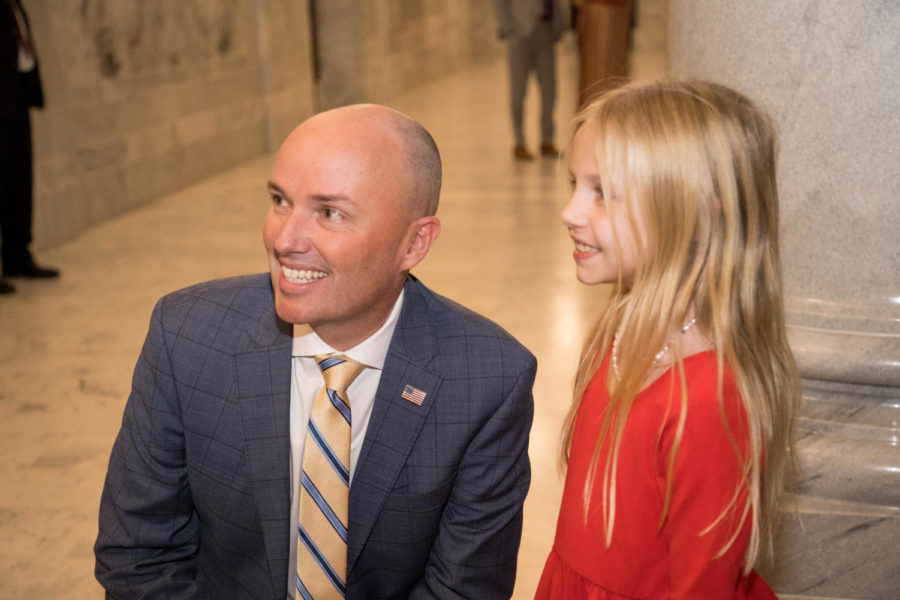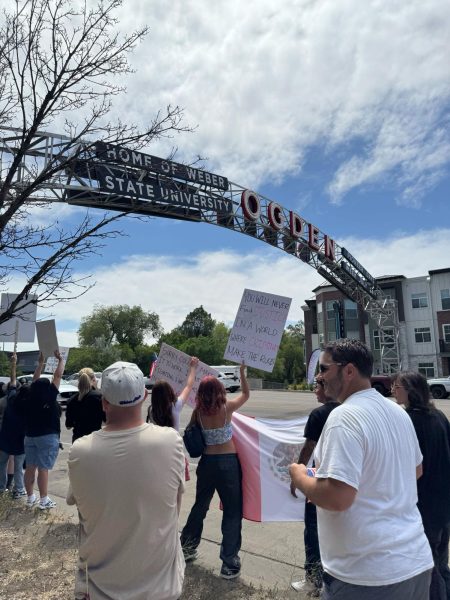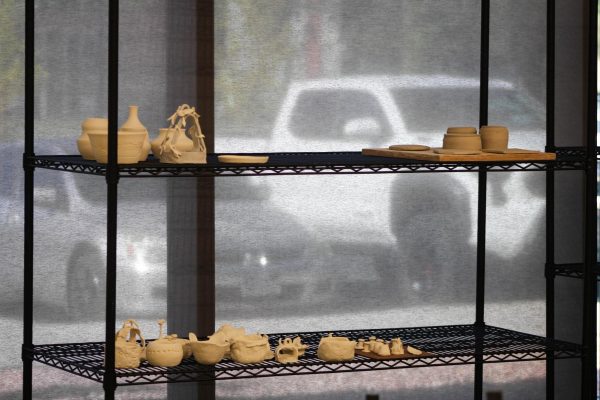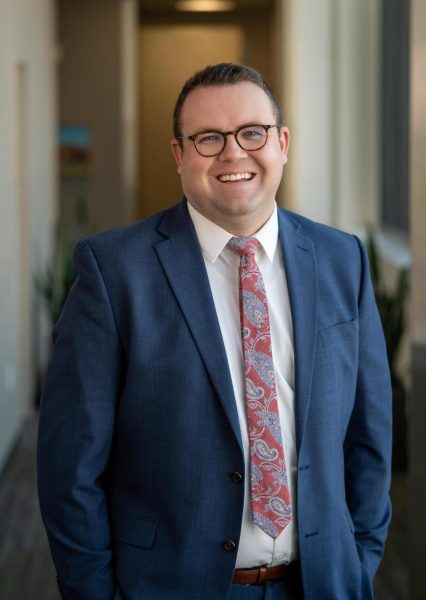Educators against the Voucher Bill
With a vote of 20–8, the Utah State Senate passed the controversial House Bill 215, also known as the Voucher Bill, on Jan. 25.
“This bill establishes the Utah Fits All Scholarship Program and provides funding for the program and a doubling of an educator salary adjustment,” the Utah State Legislature website states.
The bill gives Utah K-12 students an $8,000 scholarship per student if they choose to attend a private school. The money will be paid by the state government to the private school along with some administrative funding. Families who homeschool will also receive the stipend in order to cover the costs of homeschooling. The bill essentially gives each student an $8,000 voucher.
However, if a student attends public schooling, that $8,000 helps fund the public school they attend, giving those teachers a pay raise.
The bill was signed by Gov. Spencer Cox on Jan. 28, codifying it into state law along with another controversial bill, the Transgender Medical Treatment and Procedures, or SB16. Many people are not happy about this, and many educators have spoken out against this bill.
“As somebody who has been a teacher in public education, and now I’m teaching teachers who are primarily going into public education, it’s definitely not a win,” Daniel Pyle, associate professor of education at Weber State University, said. “Obviously, there’s the part of the bill that helps increase teachers’ pay, which I think also was done for public perception. But there’s not going to be a real meaningful or sizable increase in teacher salaries. The voucher system is really going to be a positive for the select few and probably to support families that don’t need financial support. There’s just a lot of things to be concerned [about], whether it was the way it was passed or has been pushed through.”
The bill does not require private schools to be accredited, to use curricula aligned to Utah core standards or to employ professionally-licensed teachers and administrators.
The Utah Education Association has spoken out against the passing of this bill. The organization highlighted an income threshold that would prevent high income families from qualifying, and the scholarship amount that the bill would give to those private school students is almost double what the current weighted pupil unit is, which is $4,038.
“Funding is being diverted from areas that we could be pouring more resources into,” Pyle said. “Not only does it set a bad precedent for how the bill was pushed through and passed, but also earmarking funding to homeschooling and private education, as opposed to funneling that money through more public education entities.”
The Utah Senate Democrats have also publicly spoken out against the bill, stating the bill “fails to support students and weakens public education by redirecting public funds to private institutions without any safeguards, protections against discrimination and transparency.”
The party group wants to advocate for teachers and students and feels that the passing of the bill hindered the efforts to help either group.
“We will always advocate for salary increases and respect for our teachers who work diligently to enrich and develop the minds of our children,” a Utah Senate Democrat said in a statement on utahpolicy.com. “We are extremely disappointed in the policy tactic to entangle teacher salaries with vouchers — two issues that deserve separate consideration and meaningful input from taxpayers, educators and parents. We will continue to fight for a strong public education system to support all Utahns.”
This isn’t the first time the Utah Legislature passed a voucher bill. In 2007, the Utah Senate passed a similar voucher program during their legislative session. However, the bill was repealed after Utah residents rallied to put a referendum on the ballot to rid the state of the program. At the time, 62% of Utah residents were opposed to the voucher system.
HB 215 has caused a lot of division in the state of Utah and has led many to pay more attention to the politics of the world around them. Since the bill was repealed once, some educators would like that to happen again. Pyle wants people to pay attention to what’s going on in Congress.
“If anything, it should wake people up to become more active in not only assembling, but making sure again that families in which this bill is not going to benefit, that their voices be heard,” Pyle said. “It just calls for more advocacy and more attention again to what’s being passed in the State of Utah that doesn’t look to serve and improve outcomes for the many. You want to see things that are passed within the state of Utah looking out for the masses and not just a select few.”
Though many are glad to see teachers will be paid more, there are concerns that the money could be better spent somewhere else. Some educators are worried the money going to private and homeschooling will create a distraction from the areas of public schooling that need extra help right now.
“I’d like to see more of that money earmarked to not only increase teacher pay, but also to help the mental health or the behavioral side of education, especially with kids, again, who are exposed to trauma, and just see that money really directed at families and communities and kids that need the funding the most,” Pyle said.













